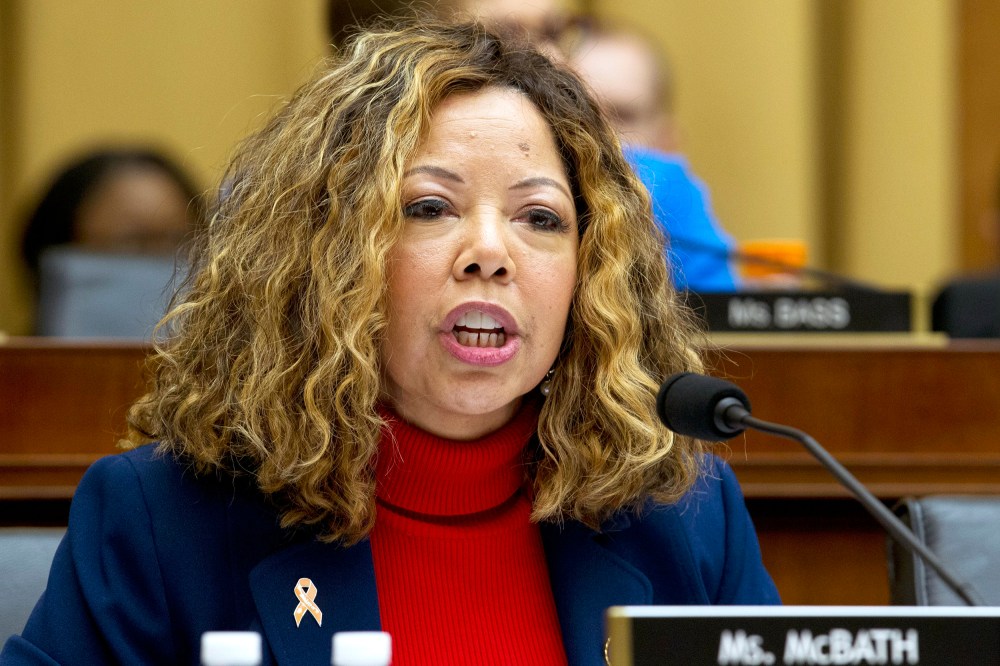When you become a mother, you begin to measure your life in “firsts”: first steps, first words, first haircut, first play date, first day of school, first basketball game. As you experience each first with your children and look ahead to the seemingly limitless potential of their lives, you never think of the “lasts.”
He was wearing red sneakers. He had his backpack over his shoulder as he walked out of the door. His “I love you, Mom” was the last time I’d ever hear those words from his lips.
I remember the last time I saw my son. He was wearing red sneakers. He had his backpack over his shoulder as he walked out of the door. His “I love you, Mom” was the last time I’d ever hear those words from his lips.
When my son, Jordan Davis, went out on Black Friday in 2012, he had no way of knowing that it would be the last time he would be getting into a car with his friends. He was just 17 years old and had his entire life in front of him. But he lived in an America with laws that allow people to shoot first and ask questions later. They’re known commonly as “stand your ground” laws.
Jordan was killed by a man who pulled up next to him at a gas station and didn’t like the loud music he and his friends were playing. He called them thugs and gangbangers. Within 3 ½ minutes, he fired 10 shots into the car, hitting Jordan three times and killing my only son. After robbing my son of his life, the man and his girlfriend went to their hotel room, made drinks and ordered a pizza.
“Stand your ground” is a virus that continues to accelerate America’s gun violence epidemic. There were such laws in 24 states when Jordan was killed. Today, 38 states have them and we are paying the price for it with our lives.
We see it week in and week out. The names of the victims are fresh in our minds. Ajike “AJ” Owens killed in Florida. Ralph Yarl injured in Missouri. Kaylin Gillis killed in New York. Payton Washington and Heather Roth injured in Texas. None of these individuals appears to have done anything that warranted their being shot without so much as a question.
On June 2, Owens, a Black woman who was a 35-year-old mother of four, was shot dead by her 58-year-old white neighbor, Susan Louise Lorincz, after she knocked on Lorincz’s door. The Marion County Sheriff’s Office said that Owens knocked on Lorincz’s door to ask her to come outside to settle a dispute and that Lorincz fired her gun through the closed door — Lorincz reportedly told authorities that Owens had been “trying to break down her door.”

Because of Florida’s “stand your ground” law, Sheriff Billy Woods said investigators were legally required to investigate whether the law applied before they could make an arrest. On June 7, authorities booked Lorincz on charges of manslaughter with a firearm, culpable negligence, battery and two counts of assault. The sheriff said Owens knocked on her neighbor’s door after Lorincz threw something in the direction of Owens’ children. Her 9-year-old son blames himself for his mother’s death for telling his mother what the neighbor did, according to his grandmother. She says his 12-year-old brother blames himself too, because his efforts at CPR on his mother failed.
In April, Ralph Yarl, a Black 16-year-old, was going to pick up his brothers. He rang a doorbell on Northeast 115th Street, rather than his intended destination of Northeast 115th Terrace. Authorities say Andrew Lester, an 84-year-old white man, fired two bullets through his closed door, injuring Ralph.
“Stand your ground” laws are believed to contribute to more than 700 additional gun deaths every single year.
Days later, Kevin Monahan shot and killed Kaylin Gillis when she and her friends got lost and pulled into his driveway. Monahan was booked on a charge of second-degree murder.











